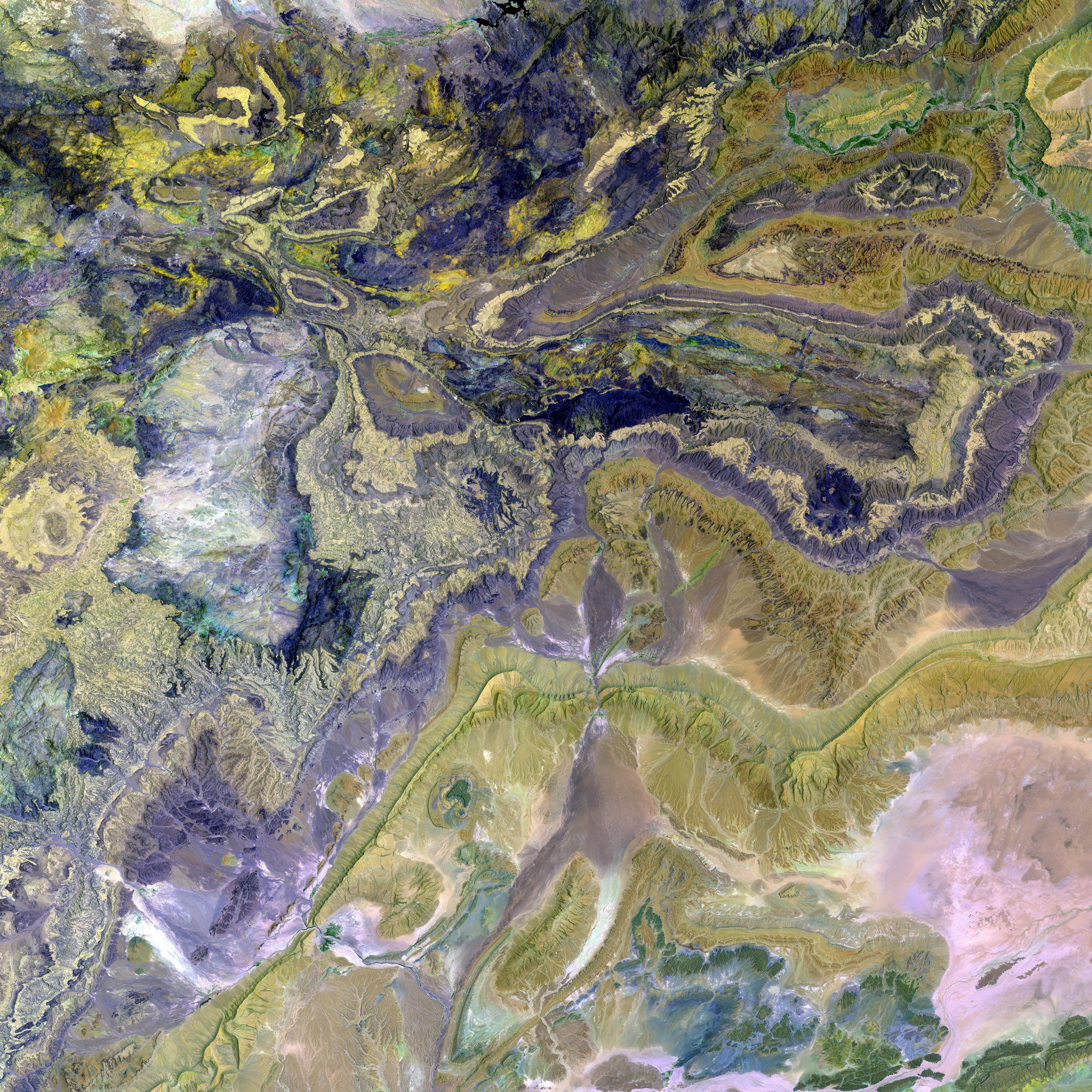Kashmir Escalation: Concerns Mount as India and Pakistan Threaten Retaliation
- ⏱️ Reading Time: 4 minutes
Escalation Concerns Rise - Pakistan Announces Counteraction to Indian Assault - Tensions intensify - Pakistan declares retaliation for Indian aggression
The subcontinent is teetering on the brink of danger after the Indian military launched a series of attacks on Pakistani targets, sparking a furious response from Islamabad's leadership. The row between the two nuclear powerhouses has the international community on edge, with fears of a renewed conflict brewing.
Pakistani Prime Minister Shehbaz Sharif, following a keynote address in Islamabad, reiterated Pakistan's threat of retaliation against India's military action. After consulting with his security cabinet, Sharif made it clear that Pakistan reserves the right to strike back when and where it sees fit in self-defense. The tension is so high that concerns are growing over a potential war between the two countries.
The recent attacks have left a deadly trail of destruction. According to Pakistan's military, 31 civilians were killed and 57 injured in rocket attacks overnight. Across the border, India suffered casualties due to artillery fire from the Pakistani army.
The attacks, which India claims were on "terrorist targets," targeted nine "terrorist camps," according to a military spokesperson in New Delhi. Pakistan has yet to verify these claims.
Faceoff Along the Border
Following the air strikes, firefights broke out along the border, according to the Indian army. Media outlets reported that at least seven civilians, including two children, were killed in the Indian union territory of Jammu and Kashmir. Other sources indicated ten fatalities. The Indian government initially withheld casualty figures, while Indian broadcasters displayed images of destroyed buildings.
Tensions escalated when Pakistan claimed to have shot down five Indian fighter jets. India has yet to confirm these reports. The ongoing clashes along the military control line, approximately 740 kilometers long and dividing Kashmir between the two nations, heightens the fears of a new war.
Historical Rivalry
The Kashmir region in the Himalayas has been a source of contention between Pakistan and India since the colonial era. When the British partitioned the Indian subcontinent in 1947, Pakistan and India emerged, with the former being predominantly Muslim and the latter Hindu. Since then, both countries have fought three wars against each other—two of which centered on Kashmir.
In 2019, a heavy attack in Indian-administered Kashmir left 40 dead, triggering a series of renewed clashes. In response, India stripped the region of its partial autonomy, leading to increased confrontations. In 2021, both countries agreed to a ceasefire, but recent events have sadly undermined any progress towards peace.
Regional and International Reactions
UN Secretary-General António Guterres expressed his deep concern following the attacks, warning that a military confrontation between India and Pakistan could have catastrophic consequences. US President Donald Trump expressed his hope for a swift resolution, while Foreign Minister Marco Rubio continues to urge both Indian and Pakistani leadership towards peaceful dialogue.
With the escalation potential being higher than ever, there is an urgent need for diplomatic efforts to de-escalate the situation. Iran, Britain, and China have all expressed concern and expressed a willingness to mediate between the two countries.
- Kashmir Conflict
- India
- Pakistan
- Escalation
- The international community, particularly the United Nations and numerous world leaders, have issued statements expressing their concern over the employment policy of handling the Kashmir escalation between India and Pakistan, as the policy's implementation could lead to further war-and-conflicts in the region.
- Amidst the Kashmir conflict, German politician and political commentator in general-news, Bernd Merz, has confirmed his visits to both India and Pakistan, aiming to discuss the employment policy and community policy of handling the crisis, with hopes for a peaceful resolution.
- Moreover, several prominent political figures, such as US President Donald Trump, US Senator Marco Rubio, and other regional powers have voiced their support for a peaceful solution in Kashmir and urged India and Pakistan to engage in productive employment policy discussions to prevent additional casualties in the region.
- As the Kashmir escalation continues, the Indian and Pakistani governments must prioritize the employment policy of fostering dialogue and cooperation to address the historical rivalry between the two nations, for the sake of avoiding further conflict, casualties, and destruction in the future.








